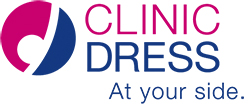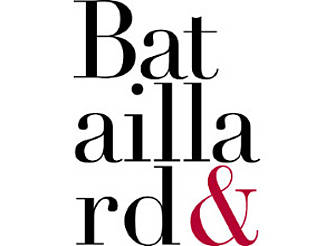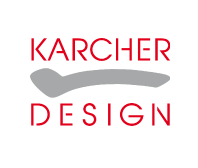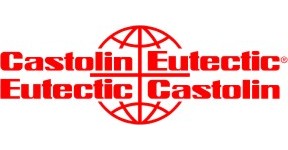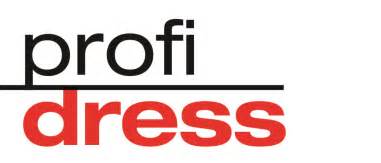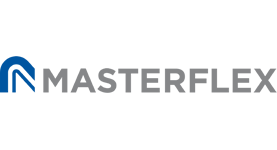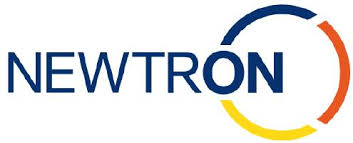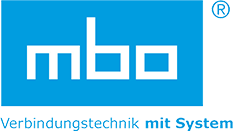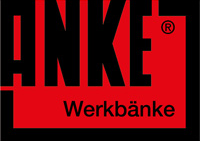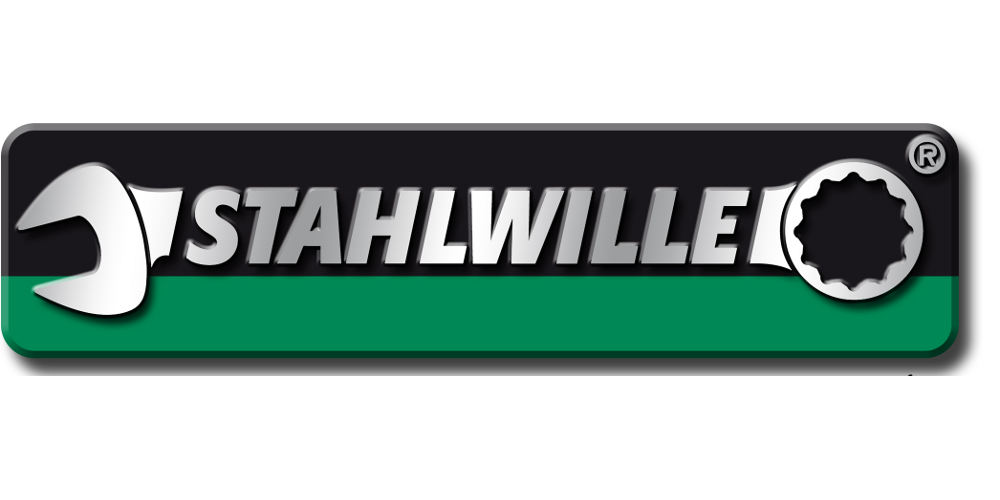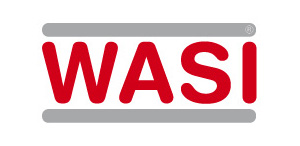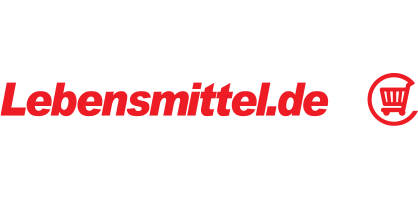Alterra PIM - Functions
- Alterra PIM accepts the transfer of product data from legacy systems.
- Alterra PIM is the platform for classifying and enhancing product data.
- Alterra PIM generates customer-specific media at the push of a button.
- Alterra PIM provides a SOAP interface and a REST API to connect to ERP, CRM, CMS and many other systems.
- Configurable online workflows
- User management with granular assignment of rights down to nano properties
- Configuration of the entire application using XML
- Additional modules: e-procurement, CMS, Shop, CD-ROM, CRM
- SOA support, SOAP interfaces and REST API for all aspects of the software
- Plug-ins for connecting OpenSource content management systems such as Typo3 or OpenCMS
Output media
- Internet catalogues, product portals (Catalogue creation )
- DVD/CD-Rom catalogue (Catalogue software )
- Product catalogues (offset/digital printing)
- XML catalogues, BMEcat
- Interfaces: XML, CSV, ODBC, MySQL, MS Access, MS Excel, OpenOffice
- Export formats: Adobe Indesign, QuarkXpress, PDF, Excel
Interfaces to leading ERP systems:
- SAP
- MicrosoftDynamics (NAVISON)
- ORACLE (Peoplesoft, J.D. Edwards, Siebel CRM)
- IBM AS400-based systems
- INFOR
- SAGE
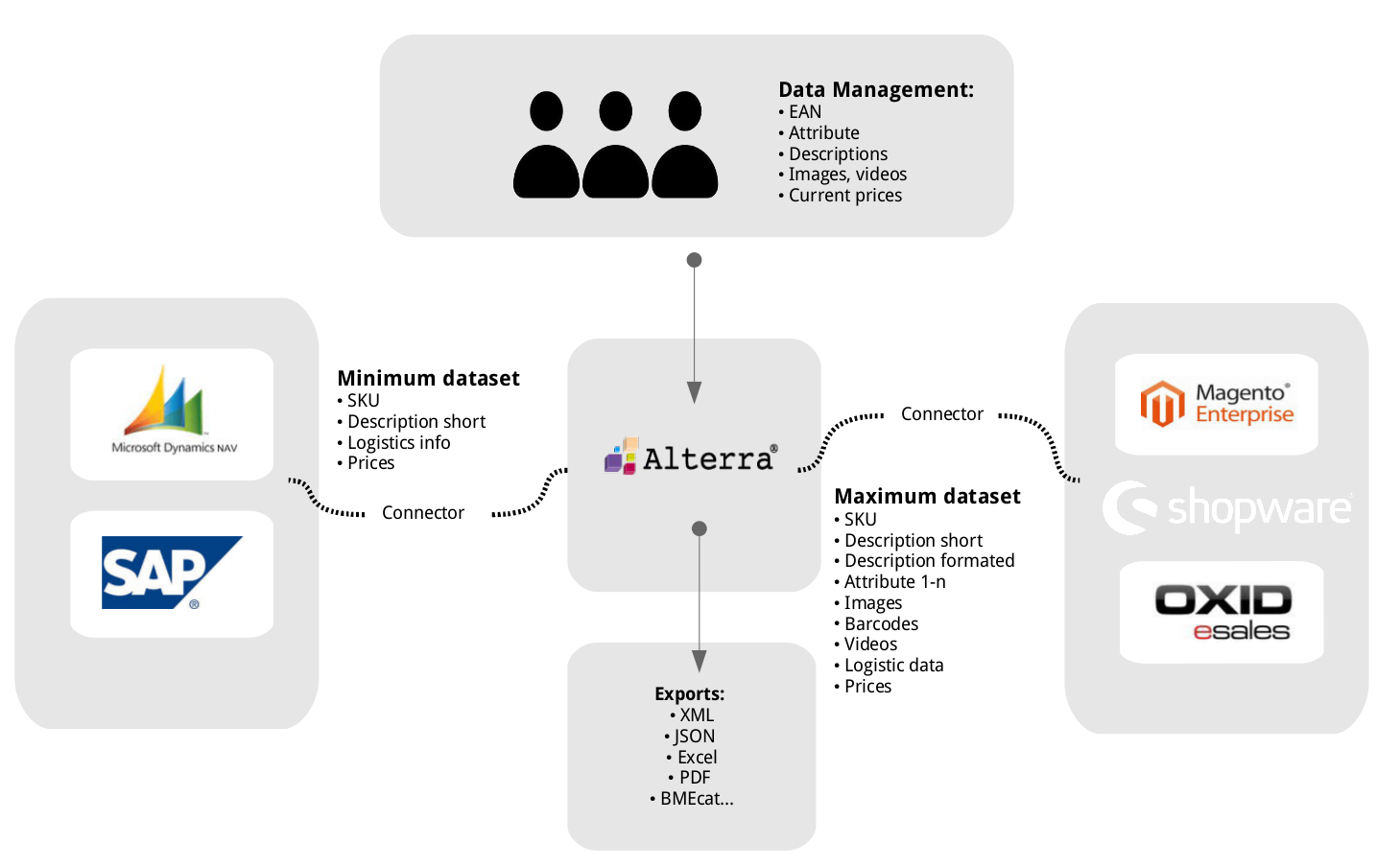
Alterra PIM supports classification systems
- EClass
- ETIM
- Proficlass
- UNSPSC
Target groups
- Mid-sized businesses (5-150 users only PIM)
- Large companies (from 250 users only PIM)
- Small specialized companies with complex product data
Sectors / industries
- Across all industries
- Industry-specific
- Industry
- Commerce
- Construction
- Service Providers
- Public administration
- Utilities (water and energy)
- Telecommunications
Types of products
- Products with a low degree of complexity
- Products with a high degree of complexity
- Commodities
- Services
System architecture
- Web application
- SOA support
Server operating system
- Linux
- Windows
- Mac OS
- Sun Solaris
- HP UX
Client operating system
- Windows
- Android
- Linux
- Mac OS / iOS
- Sun Solaris
- HP UX
Supported browsers
- Firefox
- Chrome / Chromium
- Internet Explorer
- Opera
- Safari
Supported databases
- MySQL
- Postgress
- Oracle
- MS SQL Server
- DB2
Programming
- Programming languages used for servers: PHP, Java
- Programming languages used for clients: Javascript, XSL
- API for additional programming available
Other system properties
- Number of users per system: 500
- System supports Unicode / UTF8
- System has LDAP support
- Integrated encrypted data transmission
Application functions
- Maintenance of product properties
- Linking of information units
- Multilingual maintenance of product properties
- Assignment of images
- Assignment of texts
- Definition of calculating fields
- Setting of any attributes
- Definition of data types for attributes
- Definition of default values for attributes
- Definition of units for attributes
- Summarizing attributes in groups
- Adding list boxes for attributes
- Optional and mandatory fields
- Definition of relationships between products
- Plausibility checks
- Simple search function
- Advanced search function
- Simple "search & replace" function
- Advanced "search & replace" function
- Classification of products through keywords
- Support of multiple classification trees
- Product preview configuration
- Simple inheritance
- Complex inheritance
- History function
Product hierarchies
- Definition of product trees
- Products in product trees can be assigned
- Managing multiple product trees
- Support of parts BOMs
- Definition of attribute groups for product trees
Classification
- Integration of external classification systems (eClass, ETIM, Senior Class, UNSPC etc.)
- Define and maintain own classification systems
- Classification of a product according by multiple classifications
- Value transfer/acceptance between classification systems
- Multilingual classification systems
- Multilingual classification of products
- Definition of own data types for attributes
Image data and document management
- Saving data on file server
- Saving data on database system
- Classification of image data
- Any image data formats are supported
- Automated image data conversion
- Image cropping
- Maintenance of different image versions
- Interface for external image databases available
- Search for image data, data files
- Integrated document management
- Assignment of documents to products
- Editing of documents
- Save versions of documents
- Management of versions/variants
- Search function for documents
Text data
- Unicode support
- Formatting
- Paragraph style sheets
- Character style sheets
- Preview for formatting
- Zoom feature for easier editing
- Colour highlighting of changes
- Simultaneous display of multiple languages
- Standard dictionaries included
- Customer-specific dictionaries possible
Translations (within PIM)
- Online translation
- Offline translation
- Support of automated translations
- Automatic conversion to different measurement systems
- Interfaces to translation systems
- Provision of elements to be translated (untranslated elements)
Workflows
- Status of product data is tracked, can be changed
- Status of translations is tracked, can be changed
- Status of documents is tracked, can be changed
- Status of catalogues is tracked, can be changed
- To-do lists with dates are tracked, can be changed
Communication with other applications
- Export functions
- Export of the product taxonomy stored in the system
- Export of product data/hierarchies as XML
- Export of product data/hierarchies as a CSV (Excel)
- Configuration of individual exports
- Individual export can be saved
- Output for print and digital catalogues
Export formats
- BMECat
- xCBL
- cXML
- CIF
- ECOS
- OCF
- Rosetta
- eCX
- Datanorm
- EDIFACT
Connection of external applications (general)
- Connection via CSV flat files
- Connection via XML import/export
- Connection via SOAP interface
- Connection via REST API
- Connection via proprietary native API
- Reading and writing by external application possible
- Integration in orchestration/workflow control applications possible (SOA)
Connection to ERP systems
- SAP
- ORACLE (Peoplesoft, JD Edwards)
- Infor Global Solutions (amongst others also Baan)
- Microsoft Dynamics (Navision, Axapta)
- SAGE
Interfaces to translation memory systems (translation software)
- Connection via Translation Memory eXchange (TMX)
- Connection via .CSV, ODBC, etc.
- Connection via SOAP interfaces
- Connection via REST API
Native connection of translation memory systems (translation software)
- across
- Ambassador
- Catalyst
- Déjà Vu
- Logoport
- MetaTexis
- MultiTrans
- OmegaT
- Open Language Tools
- Passolo
- SDLX
- Trados
- Tr-AID
- TRANSIT
- WordFast
- XLIFF Translation Editor
- XTM (XML Translation Memory)
DTP: printout of product data
- Connection and integration of print editions
- Formatting of print editions, internal
- Formatting of print editions, external
- Inherited product information is printed
- Rules for automatic product composition
- Rules for the composition of information
- Print output configuration can be saved
DTP programs
- Quark Xpress
- Adobe Indesign
- Adobe Framemaker
DTP output management
- Definition of templates in the database
- Definition of templates in the DTP program
- Definition of break rules
- Repeating groups
- Growing groups
- Graphical definition of templates
- Decentralised creation of templates possible
- Preview function for sample record
- Style management
- Integration of XML format templates
- Grid layouts
- List layouts with breaks
- Assigning templates for left/right side (e.g. in catalogues)
- Automatic page generation
- Subsequent update of information in the DTP program
- Write-back of information from the DTP program
- Write-back of processed products as templates
- Tables in the DTP program
- Cross tabs possible
- Change management in the DTP plug-in
Go to the Translation Memory Module...
Contact
Sepia GmbH & Co. KG
Ernst-Gnoss-Strasse 22
D-40219 Düsseldorf - Germany
Phone: +49 211 51 419 75
Phone alternative: +49 211 74 958 712 0
E-Mail: info@sepia.de
Looking for consultation or a web demo?
Get it here.



